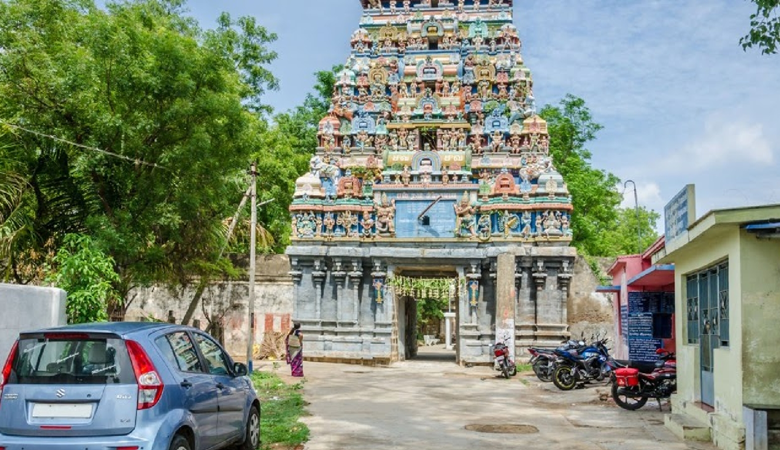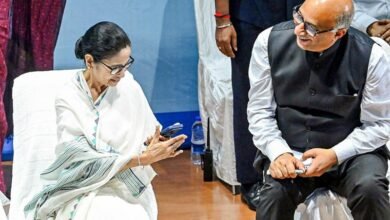Waqf Board’s Controversial Claim Over Tamil Nadu Village and Ancient Temple Raises Concerns

News Mania Desk/Agnibeena Ghosh/22nd August 2024
As the central government discusses the Waqf Bill amendment in the Lok Sabha, the controversy surrounding the Waqf Board’s claims over properties continues to capture public attention. A particularly striking example of this is the case of Tiruchendurai, a village in Tamil Nadu’s Tiruchirappalli district, where residents were stunned to learn that the Waqf Board had claimed ownership of their entire village, including the ancient Manendiyavalli Sametha Chandrasekhara Swamy temple, a structure over 1,000 years old.
The alarming situation in Tiruchendurai came to light in 2022 when a local resident named Rajagopal attempted to register a land transaction. To his shock, registration officials informed him that he would need a no-objection certificate (NOC) from the Waqf Board in Chennai. This unexpected requirement raised immediate concerns and confusion among the villagers, as they had never before encountered such a claim.
Rajagopal, perplexed by this demand, promptly alerted his fellow villagers, leading to widespread anxiety and outrage. The residents, who possessed all necessary legal documents—such as patta (land title deeds) and encumbrance certificates—questioned the legitimacy of the Waqf Board’s claim. They were particularly concerned about the status of the 369 acres of land documented as belonging to the temple.
The situation escalated when Bharatiya Janata Party (BJP) leader Allur Prakash publicly challenged the Waqf Board’s assertion. Prakash questioned how land historically owned by the temple could suddenly be declared Waqf property. Despite the villagers’ protests and legal documentation, the Waqf Board chairman stood firm, asserting that the entire land, including the temple, fell under Waqf ownership. He maintained that there was no legal impediment to a temple being situated on Waqf land, further fueling the villagers’ frustration and disbelief.
The villagers’ resistance and the ensuing public outcry eventually led to some relief. A few days after the protests began, the authorities granted interim relief, allowing land registrations to proceed as usual without requiring an NOC from the Waqf Board. However, the underlying issue of the Waqf Board’s claim remained unresolved, leaving the villagers in a state of uncertainty.
The historical significance of the Manendiyavalli Sametha Chandrasekhara Swamy temple adds another layer of complexity to the controversy. According to noted Tamil historian TS Krishnan, the temple was renovated by Budhi Aditha Pidari, the daughter-in-law of the Chola king Parantaka Chola. Krishnan highlighted that the Archaeological Survey of India has recorded 36 inscriptions related to the temple, including details of land donations made by Budhi Aditha Pidari for essential temple functions, such as providing food and maintaining the perpetual lighting of a temple lamp.
This episode in Tiruchendurai has raised broader questions about the Waqf Board’s claims over properties and the potential implications for other communities and religious sites. As the central government moves forward with discussions on amending the Waqf Act, the need for clarity and fairness in the management of Waqf properties is becoming increasingly urgent. The situation in Tiruchendurai serves as a stark reminder of the importance of protecting the rights of local communities and preserving the integrity of historical and religious sites across India.






